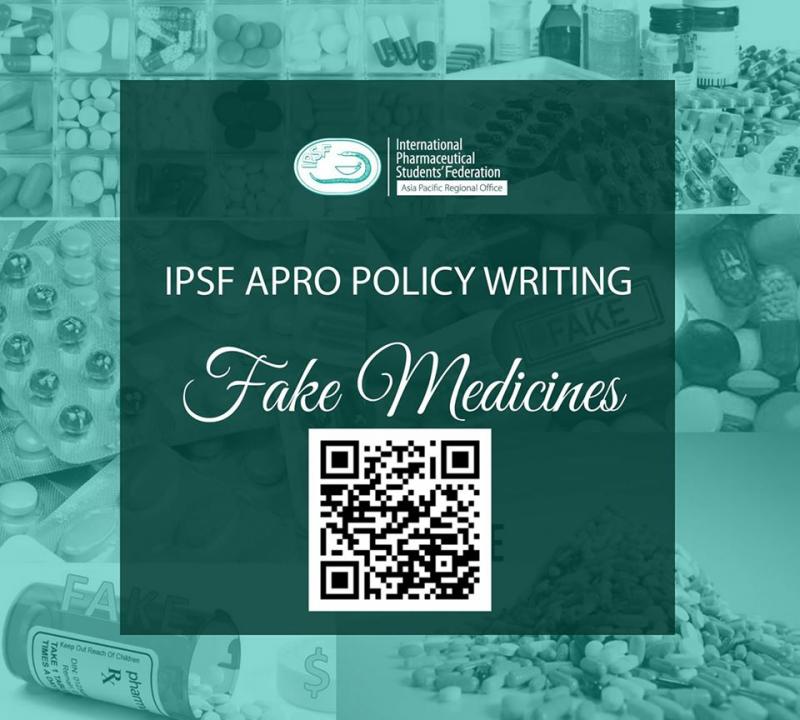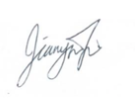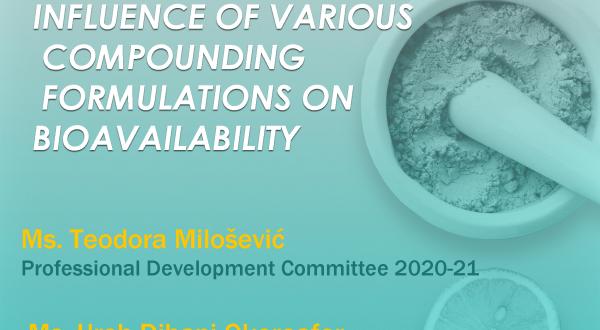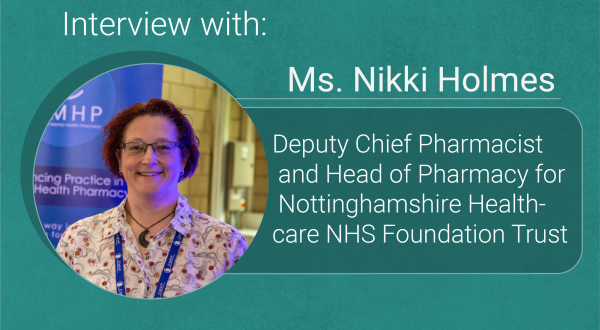
IPSF APRO Policy Writing: Fake Medicines
Fake Medicines
The International Pharmaceutical Students’ Federation (IPSF) is a non-profit organization that strives for public health promotion and education. IPSF is represented by over 500,000 pharmaceutical students and recent graduates in over 90 countries worldwide. The IPSF Asia Pacific Regional Office (IPSF APRO) is a functional extension of the IPSF Executive and it represents approximately 55,000 members from 18 countries in the Asia Pacific Region. IPSF APRO works collaboratively with its 28 Member Associations to raise awareness in a wide range of health topics, one of which is fake medicines.
Asia suffers the biggest threat of fake medicines, with a third of all medicines in lower socioeconomic countries being fake.1 Reportedly, 40% of China’s drug exports (US$ 3 billion) consist of fake medicines that are distributed to Asia-Pacific countries such as Australia, Hong Kong, Japan, New Zealand, South Korea, and other countries such as the United States of America.1 Half of all medicines sold online are also reported to be fake medicines with a total of 3000 deaths per day.1 Surveys conducted in Asia such as China, Indonesia, Malaysia, Philippines, Thailand, and Vietnam state that less than half the people who buy medicines from websites are aware of the risk of buying fake medicines, and 55-75% of the respondents are unable to tell apart fake medicines from genuine ones.2
It is a pharmacist’s role to help fight fake medicines. The general public is at risk of encountering fake medicines and should be trained to spot the signs and tell the difference. Our duty is to teach the public and also to cooperate with the authorities and report sellers and producers of these fake medicines. Important factors to consider in spotting fake medicines can usually be seen in the difference in price and the pharmacy’s license. Fake medicines usually sold at cheaper prices in unlicensed pharmacies therefore, customers should be careful when buying medicines. Other than spreading awareness to the public, it is also important to advocate for drug manufacturers and sellers to supervise the making and selling of genuine medicines to ensure the safety of all consumers. The sale of fake medicines affects the public’s trust in pharmaceutics and pharmacists and causes losses to companies and consumers.
IPSF APRO has recently made an online interactive quiz via Instagram Stories to raise awareness amongst IPSF APRO members on fake medicines. We have also made an awareness campaign in collaboration with IFPMA and IPSF Global on fake medicines called Fight the Fakes where IPSF APRO members can post pictures of themselves with signs that encourage others to learn more about fake medicines.
IPSF APRO encourages everyone to learn more about the battle against fake medicines and to spread the information to everyone. We hope to be able to post examples of the differences between genuine and fake medicines so APRO members and the general public may easily spot the differences. We would also like to collaborate more with FIP and pharmaceutical companies to get a better view of how to distinguish genuine and fake medicines both in markets and online websites. We hope people have the will to learn more to fight this problem.
References
1. Roughneen S. Asia’s massive fake meds industry | CNN Travel [Internet]. Cnn.com. 2012 [cited 2020 Mar 21]. Available from: http://travel.cnn.com/explorations/life/travel-sick-thats-because-drugs-dont-work-200769/
2. Asia in. Countries in Asia score higher than EU and US on awareness of fake medicines | Fight The Fakes [Internet]. Fightthefakes.org. 2019 [cited 2020 Apr 26]. Available from: http://fightthefakes.org/updates/asians-seem-know-more-about-counterfeits-medicines/
Policy Writing written by:
Mr. Spoudy Lucianus
IPSF APRO Secretary Subcommittee 2019-20

Policy Writing reviewed by:
Ms. Wendy Yu-Wun Jian
IPSF APRO Secretary 2019-20

>>> IPSF APRO Policy Writing: Fake Medicines <<<



